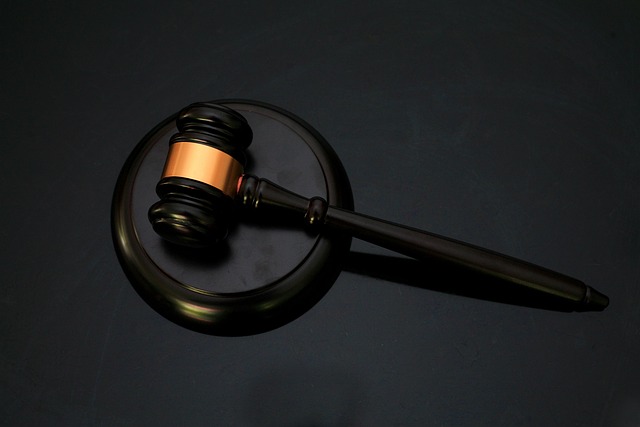Selecting law office equipment requires a nuanced approach that balances basic specifications with unique practice needs, focusing on ergonomic design, suitable screen sizes, powerful processors, ample memory, and high-resolution monitors. This ensures legal professionals have hardware capable of running specialized software for case management, document review, and research, enhancing productivity and efficiency in the demanding law office environment. Key considerations include strategic investments in computers, monitors, furniture, accessories, Wi-Fi, Bluetooth connectivity, and energy-efficient solutions to support seamless workflow, collaboration, and sustainable practices.
Choosing the right computers and monitors for your legal practice is a crucial decision that impacts productivity and efficiency. With a unique blend of specific case management needs and general office tasks, understanding your practice’s requirements is essential. This article guides you through the process, from assessing specific needs to selecting the ideal monitor size and features. We’ll explore the advantages of desktop computers vs. laptops and highlight must-have peripherals for a well-equipped law office, ensuring both functionality and security in your legal workflow.
- Understanding Your Legal Practice's Unique Requirements
- – Assessing specific needs vs. general office use
- – Factors to consider in choosing equipment for a law office
Understanding Your Legal Practice's Unique Requirements
Every law office is unique, and understanding your practice’s specific needs is paramount when selecting appropriate computer and monitor setups. Law office equipment must cater to various tasks, from extensive document research to case management and client communication. The right choice goes beyond sheer processing power or screen resolution; it involves considering the software your legal team uses daily.
For instance, if your practice heavily relies on specialized legal software, ensure the computers meet the recommended specifications for seamless operation. Additionally, monitor size and ergonomics are essential to prevent eye strain during extended work hours. A well-equipped law office should balance performance, comfort, and functionality to enhance productivity and support the demanding nature of legal work.
– Assessing specific needs vs. general office use
When equipping a law office, it’s essential to differentiate between general office needs and specific legal practice requirements. While standard computers and monitors suffice for routine administrative tasks, legal professionals often require hardware that supports specialized software crucial for case management, document review, and research. Assessing these unique demands is the first step in selecting appropriate law office equipment.
For instance, lawyers may need powerful processors and ample memory to run complex applications without lag. High-resolution monitors with adjustable stands can aid in reducing eye strain during lengthy hours of document review or court preparation. Additionally, investing in ergonomic furniture and accessories can enhance productivity and employee well-being, which is particularly important given the demanding nature of legal work.
– Factors to consider in choosing equipment for a law office
When equipping a law office, several key factors come into play to ensure productivity and efficiency among legal professionals. The first consideration is law office equipment that supports seamless workflow and collaboration. This includes computers with robust processing power and ample storage capacity to handle heavy-duty software like case management tools and document editing programs. High-resolution monitors are essential for detailed work, allowing attorneys to review documents, research, and prepare cases with clarity.
Additionally, ergonomic designs for both computers and chairs are vital to prevent long-term physical strain, which is prevalent in legal practices with extensive paperwork and research demands. Connectivity options like Wi-Fi and Bluetooth must be reliable to facilitate communication among team members and ensure smooth access to essential data and resources. Furthermore, considering energy efficiency can contribute to cost savings over time while also promoting a sustainable office environment.
When selecting computers and monitors for a legal practice, it’s crucial to go beyond general office needs and tailor choices to your specific legal requirements. Factors like display clarity for reviewing documents, robust processing power for running demanding software, and data security features are essential. Investing in high-quality law office equipment will not only enhance productivity but also contribute to the overall efficiency and professionalism of your practice.
